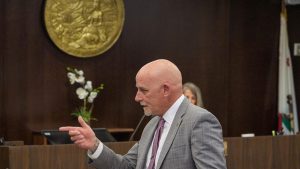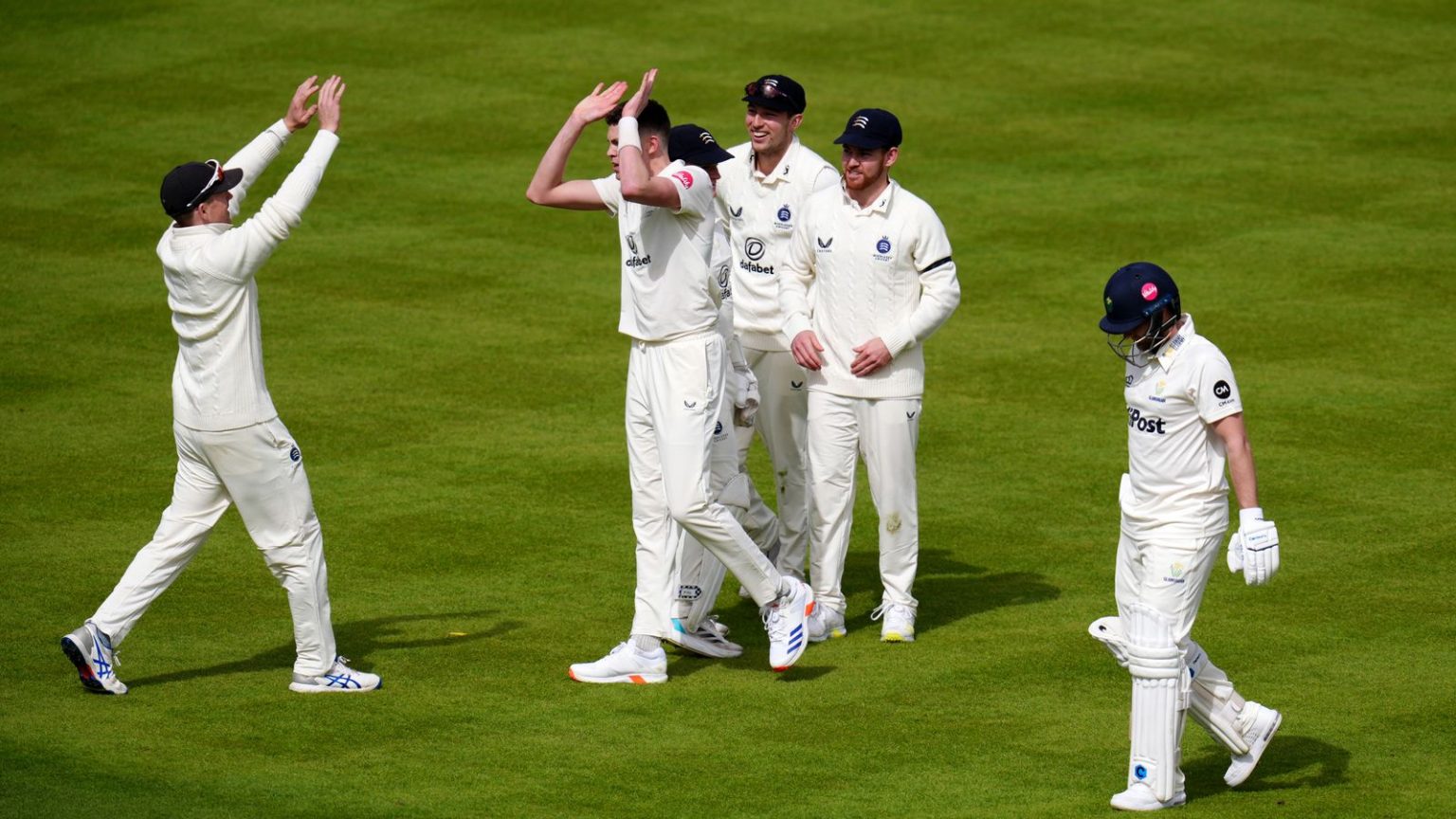Middlesex County Cricket Club Embarks on a Strategic Financial Review
The Middlesex County Cricket Club (MCCC), a prestigious 161-year-old institution in English cricket, has initiated a discreet review of its mutual ownership structure. This move is part of an effort to secure a sustainable financial future for the club, which is based at the iconic Lord’s Cricket Ground. According to Sky News, the club has enlisted the services of Oakvale, a specialized corporate finance advisor with expertise in sports and gaming, to explore various options. These options reportedly include the possibility of demutualization and a partial sale of the club in the long term. While there are no immediate plans to change the club’s member-owned status, the exploration of alternative ownership models reflects the challenges faced by many professional cricket counties in achieving financial stability.
The Financial Landscape and Strategic Considerations
The decision by Middlesex County Cricket Club to undergo this strategic review comes at a pivotal moment for English cricket. The England and Wales Cricket Board (ECB) recently secured a landmark £520 million windfall from the sale of its 49% stakes in the eight franchises of The Hundred, a domestic limited-overs tournament. This financial injection is expected to transform the sport, benefiting both professional and recreational cricket. However, despite this influx of funds, many counties, including Middlesex, continue to face financial pressures. Middlesex is set to receive over £20 million from the ECB’s distribution of proceeds, but its financial position remains weaker compared to other first-class counties.
One of the key challenges for MCCC is its unique relationship with Lord’s Cricket Ground, which is owned by the Marylebone Cricket Club (MCC). Unlike most counties, Middlesex does not own its home ground and pays rent to the MCC, limiting its ability to exploit commercial assets. This has made it more difficult for the club to generate revenue and compete financially with other counties. The strategic review, led by Oakvale, aims to address these challenges and ensure the club’s competitiveness and sustainability over the next 50 years.
The Historical and Cultural Significance of Middlesex County Cricket Club
Founded in 1864, Middlesex County Cricket Club is one of the most storied names in English cricket. The club has a rich history, having produced legendary players such as Denis Compton, Mike Gatting, and Andrew Strauss, who have contributed significantly to the sport. Currently, the club is owned by its approximately 7,000 members, who hold a significant influence over its operations. The mutual ownership model, regulated by the Financial Conduct Authority, ensures that the club is governed democratically, with major decisions requiring approval from its members.
Despite its historical success, including 13 County Championship titles, Middlesex faces modern challenges that have led to the exploration of alternative ownership structures. The club’s members, many of whom are more invested in securing tickets for Test matches at Lord’s than in the club’s financial health, may pose a challenge to any proposed changes. For demutualization to occur, at least 50% of the members would need to vote in favor of the proposal, and even then, 75% of those who cast ballots would need to approve the change. This high threshold underscores the difficulty of transitioning away from the club’s member-owned status.
The Broader Context: Cricket’s Financial Evolution
The Middlesex County Cricket Club’s strategic review is part of a broader trend in English cricket, where counties are increasingly exploring new financial models to secure their futures. The sale of a controlling stake in Hampshire to the GMR Group, the owner of the Indian Premier League’s Delhi Capitals, is a recent example of this shift. Similarly, the sale of the London Spirit, a Lord’s-based franchise in The Hundred, for £295 million highlights the growing interest of global investors in English cricket.
However, the path to financial sustainability is not without risks. Only three professional counties have demutualized to date, with two of those decisions made to avoid financial collapse. The experience of Durham, which went bankrupt despite demutualization, serves as a cautionary tale. Middlesex’s situation is further complicated by its status as one of the biggest brands in global cricket, making the need to balance financial sustainability with the preservation of its heritage and the interests of its members particularly pressing.
Conclusion: A Crucial Crossroads for Middlesex
The Middlesex County Cricket Club finds itself at a critical juncture as it seeks to navigate the complexities of modern sports finance while honoring its legacy. The strategic review, led by Oakvale, represents a proactive step toward addressing the club’s financial challenges. However, the road ahead is fraught with obstacles, not least the need to secure member approval for any major changes. As cricket continues to evolve globally, the ability of MCCC to adapt while staying true to its roots will determine its success in the years to come. The outcome of this review will not only shape the future of Middlesex but also set a precedent for other counties grappling with similar challenges.















